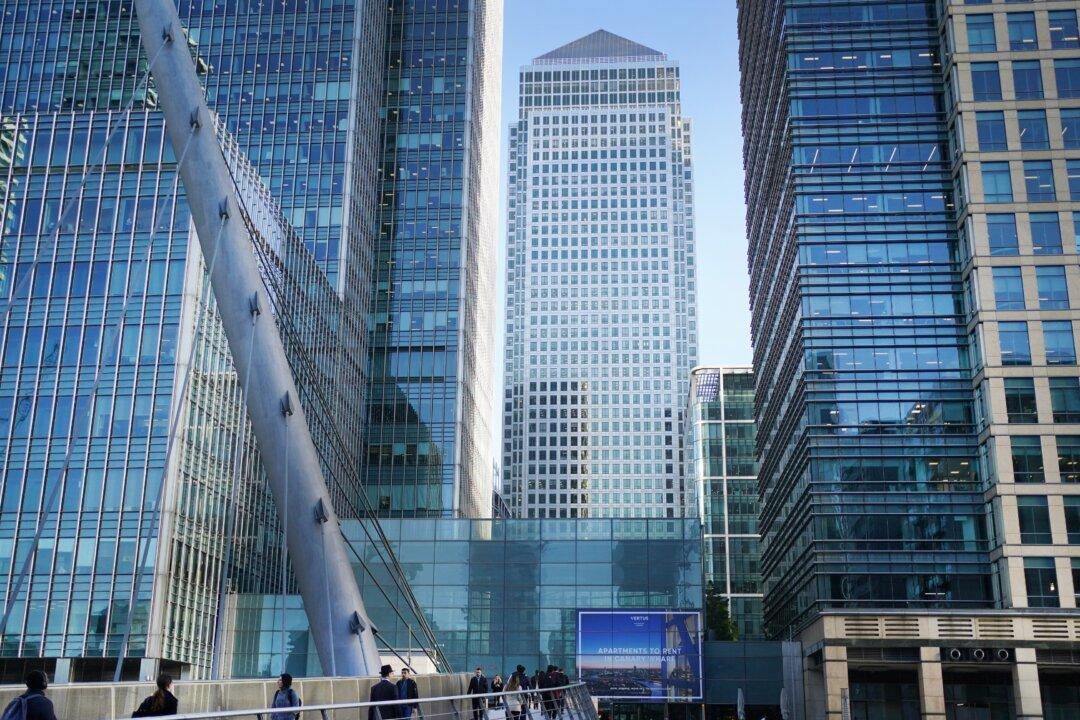The UK’s economy grew by 0.2 percent in the second quarter, with an unexpected jump in June, according to official figure published on Friday.
The estimated growth in gross domestic product (GDP) was higher than the Bank of England’s (BoE) latest forecast for the second quarter (0.1 percent). Economists polled by Reuters have expected no growth.





